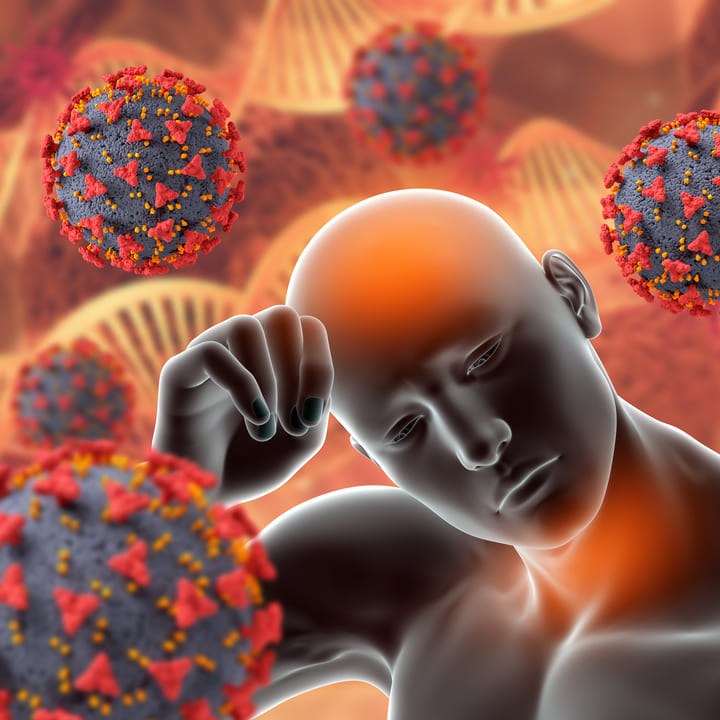Rahul, a 35-year-old software engineer, experienced a sudden onset of high fever, severe muscle pain, and a rash. His condition puzzled modern doctors, as his symptoms didn’t fit any known disease pattern. Desperate for answers, Rahul turned to an Ayurvedic physician who applied the concept of Anukta Vyadhi to diagnose and treat his condition successfully.
What is Anukta Vyadhi?
Anukta Vyadhi refers to diseases not explicitly mentioned in ancient Ayurvedic texts. Our visionary Acharyas (sages) understood that new diseases could emerge due to changes in environment, lifestyle, and dietary habits. They provided a framework called Trividha Bodhya Samgraha to identify and treat such conditions based on an in-depth analysis of the patient’s Dosha (bio-energies), affected tissues (Dhatus), and causative factors (Nidanas).
Relevance in Modern Times
The concept of Anukta Vyadhi is more relevant than ever in today’s world. With rapid globalization, climate change, and evolving lifestyles, we are witnessing the emergence of novel diseases like SARS, Zika virus, and COVID-19. Modern medicine often struggles to quickly identify and treat these conditions. Ayurveda’s Anukta Vyadhi approach offers a holistic and adaptable framework to understand and manage these emerging health challenges.
How It Works
To diagnose an Anukta Vyadhi, Ayurvedic physicians meticulously examine the patient’s Vikara Prakruti (disease manifestation), Adhisthana (site of manifestation), and Samuthana (causative factors). They also consider the patient’s Dosha Prakruti (constitutional type), Agni (digestive fire), and Srotas (channels of circulation). By analyzing these factors, they identify the root imbalances and develop a personalized treatment plan using appropriate diet, lifestyle modifications, herbs, and therapies.
Significance in Therapeutics
The Anukta Vyadhi approach empowers Ayurvedic practitioners to effectively treat emerging diseases without being limited by textbook descriptions. By focusing on the fundamental principles of Ayurveda and tailoring treatments to individual needs, they can restore balance and promote healing. This flexibility makes Ayurveda a valuable complementary system in tackling modern health challenges.
Modern Research
Recent studies have validated the efficacy of Ayurvedic interventions in managing novel diseases. For example, a 2020 study published in the Journal of Ayurveda and Integrative Medicine highlighted the potential of Ayurvedic herbs like Ashwagandha and Guduchi in boosting immunity against COVID-19. Another study in the Journal of Alternative and Complementary Medicine demonstrated the effectiveness of Ayurvedic therapies in managing chronic fatigue syndrome, a poorly understood condition in modern medicine.
The Lesson
Anukta Vyadhi teaches us that health challenges are ever-evolving, and our approach to medicine must be adaptable. By embracing the wisdom of Ayurveda and integrating it with modern science, we can develop a more resilient and comprehensive healthcare system. Ayurveda’s holistic approach, focusing on individual constitution and root causes, holds the key to effectively navigating the uncharted territories of emerging diseases.

